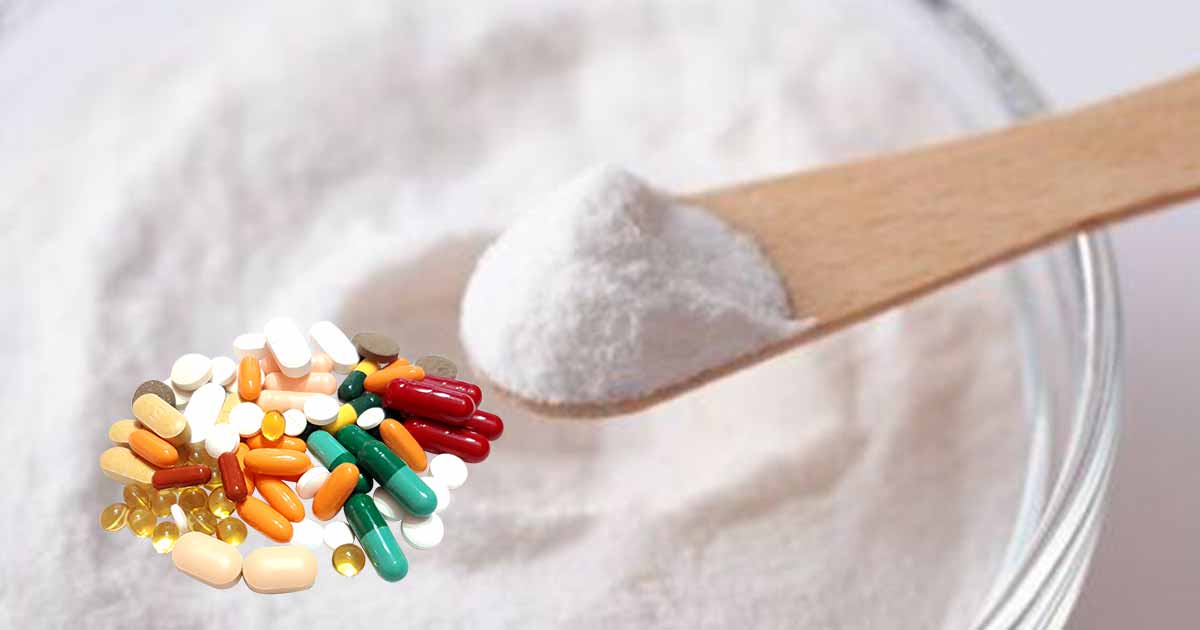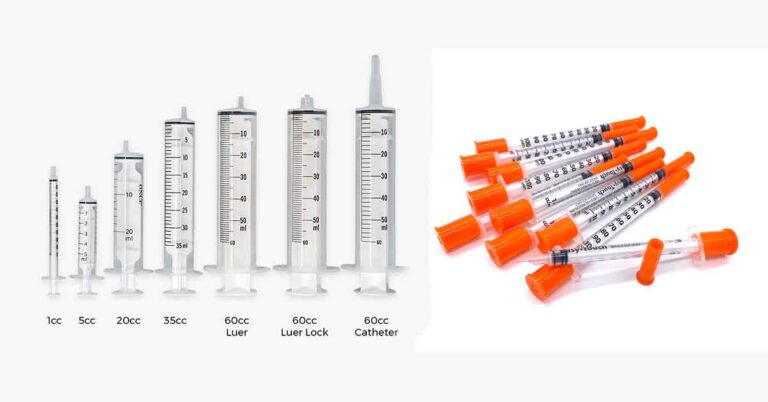The story of Rebel Wilson weight loss is one of the most publicised stories in the media. Rebel Melanie Elizabeth Wilson is an Australian actress, comedian and musician. She started her career in Australia before moving to the United States.
Initially, a plus-sized lady, she was an inspiration for fat women, promoting body positivism. She created a plus-size T-shirt collection and also launched a clothing label called Rebel Wilson x Angels.
Rebel Wilson started a weight loss program. This cumulated in her becoming a spokesperson for Jenny Craig, a weight loss and nutrition agency in Australia, in July 2011. She announced losing up to 10 kilograms (22 lb) in January 2012.
In 2020, she achieved her aim of losing 60 pounds by the November of the year.
How Rebel Wilson Weight Loss was achieved
Rebel Wilson, BAFTA’s host, started a weight loss program that saw her shed major body weight. She dubbed 2020 her ‘Year of Health’. She has lost up to 35 kg from 2020 to 2022. The actress, who is now 42, documented her weight loss journey with images of her new figures on the social media.
The Rebel Wilson weight loss was majorly achieved through moving away from about 3000 calories heavy carb daily diet to high protein diet. She also supplemented this with hiking, heavy exercise and workout routine. Attention was also paid to stress management.
She went to an Austrian wellness retreat in 2020. The doctor advised her to do a moderate walk of up to an hour daily.
She took the advice and went further by training at the gym – both hardcore and weights. According to her, walking up to an hour daily helped her burn up to 200 to 350 daily, depending on the intensity and pace.








Another part of the Rebel Wilson weight loss is drinking a lot of water daily and trying to keep her calories under 1,500 daily and consumption of high protein. The high protein helps to improve metabolism.
Proteins have an advantage over fats due to its lower energy density. Fats have an energy density of 9 calories per gram of food, while proteins have four. This means protein consumption will not boost the calories level of the body as compared to fats.
She vowed to maintain her health and fitness, and now targets a weight of 75 kg before the end of 2022.












